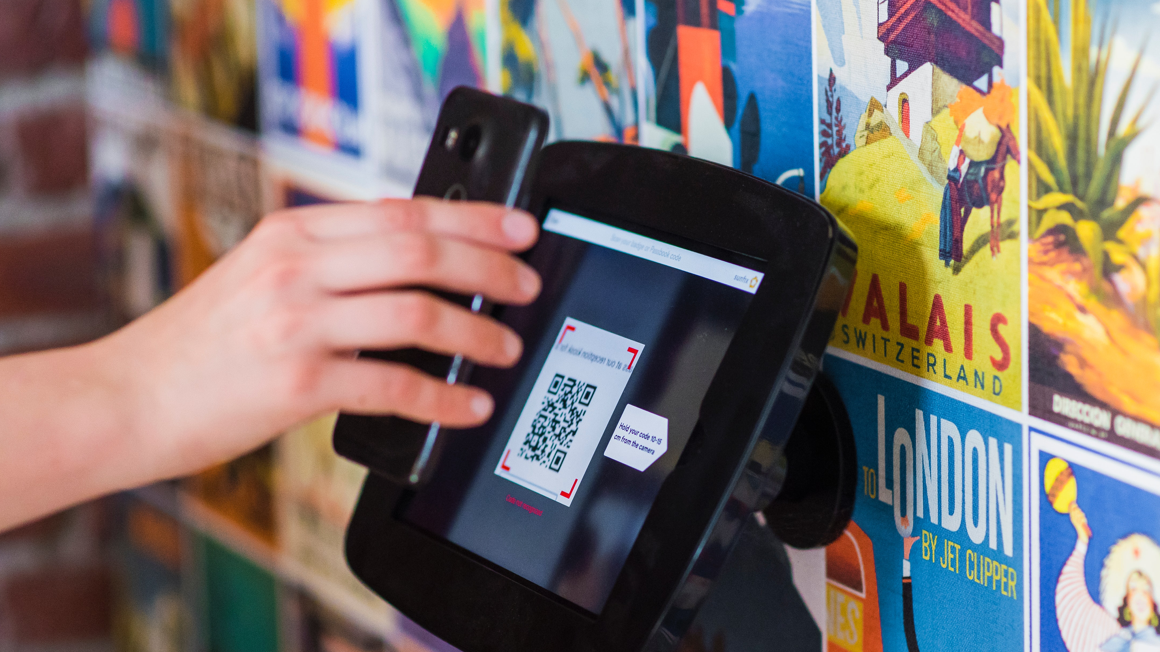What Travel Could Look Like in the New Norm
Right now, no one is sure when we’ll be able to travel for leisure again, especially when countries around the world have implemented travel bans in light of the coronavirus crisis. The next time you board a plane or check into a hotel, things are likely to be very different.
While we’re laying low at home, travel industry bosses have been working out how best to ensure our safety so we can travel as soon as we get the green light. Because with so many of us being forced to cancel well-earned holidays, we’re all keen to finally lounge in exotic locations with a cocktail in hand, or take that once-in-a-lifetime adventure trip.
Knowing the lengths that the travel industry is going to means we can be more assured for ourselves, our families, and our fellow holidaymakers when we’re planning our next trip. Here’s a glimpse of what to expect.
More digital and contactless transactions
While most airlines and some hotels already offered digital check-ins, we can expect this to become much more widespread in the post-pandemic world. A large part of social distancing is ensuring that staff and customers keep their distance from each other, so airlines and hotels will digitise every possible transaction to make this happen. For example, Avani Hotels & Resorts has announced that guests will fill out registration cards on their mobile devices before arriving at hotels, and then find their room key waiting at reception. Before checking out, they will settle their bill using a secure online payment system, and receive a receipt via email. Before travelling, it will be more important than ever to find out what digital forms you need to submit ahead of your trip to ensure everything goes smoothly.
Sunbathing in plexiglass boxes
Picture the scene: sand between your toes, the sound of ocean waves crashing, the sun glinting off your plexiglass box… Okay, so none of us could have envisioned we would be looking forward to sunbathing in plastic boxes a couple of months ago, but let’s face it, few of us could have imagined any of this. As the travel industry tries to find creative ways to keep tourists safe, one emerging idea is separating sunbathing families in plexiglass boxes in order to prevent the virus spreading on the beach. Indeed, people on the aspirational Greek island of Santorini have already constructed glass screens around sunbeds on its black, volcanic beaches. Meanwhile, Spain has introduced plastic screens at restaurants in Madrid, allowing diners to sit closer to their dinner companion without risking their health.
Extra clean accommodation
Travel businesses around the world have been pledging extra cleanliness and sanitation in a bid to make travelling safe again. On your next trip you can expect to see hand sanitiser stations dotted around hotels, and additional cleaning services, both of hotel rooms and of public areas, with a focus on high-touch items and high-footfall spaces. A&O Hostels, for
instance, is rolling out a designated hygiene officer for each hostel, as well as contactless water taps, and implementing a 1.5m distance between all chairs in dining areas. At Dusit Hotels & Resorts, meanwhile, guests are to be given Dusit Care Kits, containing hand sanitiser gel, a face mask, and antibacterial wipes. Many hotels will also erect screens at reception in a bid to protect both staff and customers.
Air bridges and airport health screenings
When the travel industry is up and running again, your chosen destination will no longer only depend on factors like budget and bucket list. You’ll also need to take ‘air bridges’ into account. These are destinations in which you’ll be able to travel there and back without going into a 14-day quarantine. The British government is considering establishing ‘air bridges’ with countries that have a low R rate (in other words, where the COVID-19 outbreak is under control).
You might find at the airports home and abroad that you’re subject to health screenings. Etihad Airways is currently trialling a new contactless technology that would see passengers screened for COVID-19 as they use a self-service check-in. The Elenium Automation devices can identify at-risk passengers by screening body temperature, heart rate, and respiratory rate. This would help to ensure people with symptoms don’t get on flights, and deter those who feel ill from travelling in the first place.
Social distancing on flights – but no food or duty free
If you’re a rare passenger who just loves in-flight food, or you enjoy browsing the duty free catalogue at 30,000 ft, I’m afraid we have some bad news. One of the proposed measures to keep airline passengers safe is, where possible, to reduce in-flight meals and onboard duty free. But it will be worth it. These measures limit contact between airline staff and passengers, so that germs aren’t spread around the cabin. In some cases, such as short-haul flights, this will mean no in-flight meals at all. In other instances, you’ll simply see a stripped back food and duty-free service. Many airlines have pledged to seat their passengers at safe social distances too, so there is a silver lining: there will be more empty seats than usual, a huge win for those who don’t like to share arm rests. And, let’s face it, who does? It’s worth noting that different airlines will take different approaches to keeping their passengers safe, so check with the relevant airline for what to expect ahead of your trip.


